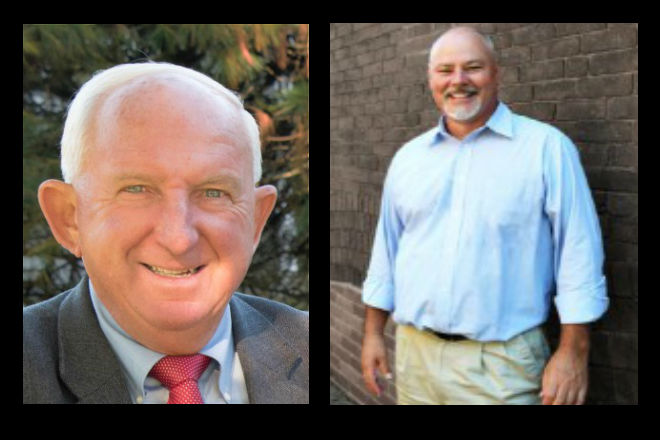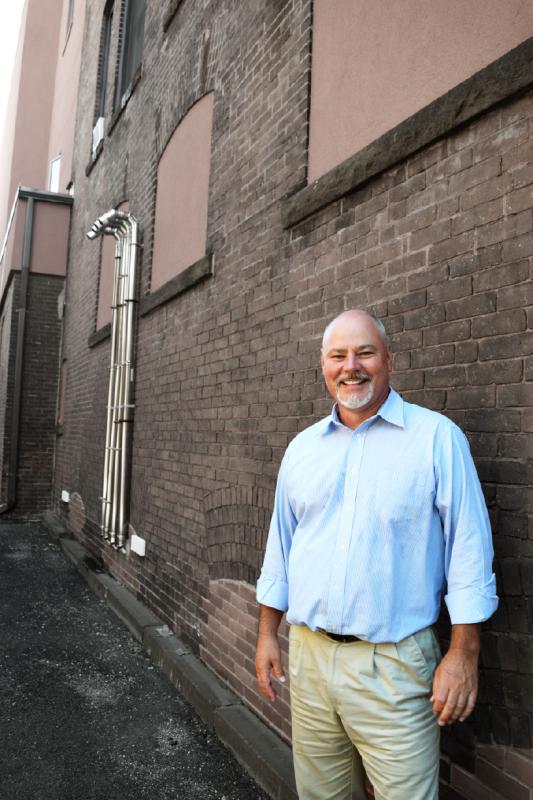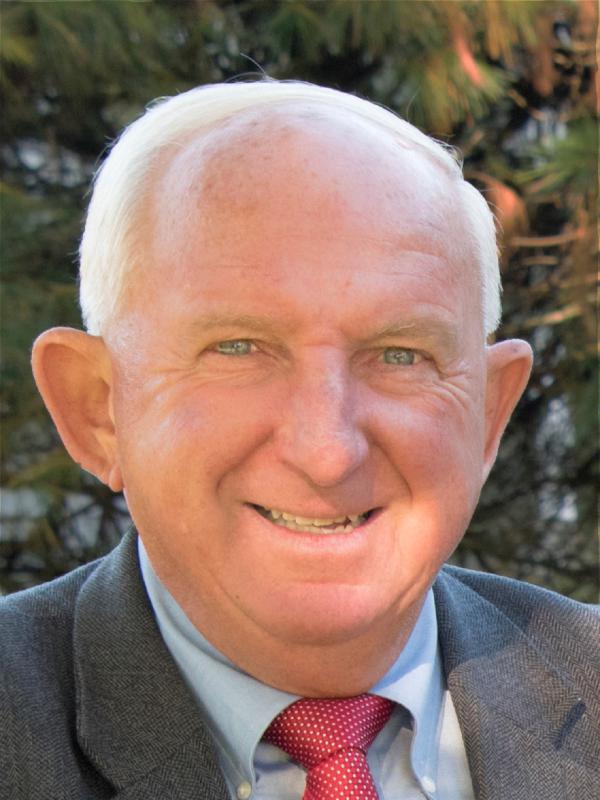This year, the Advocate is covering the Valley’s mayoral races a little differently. We’ve asked each candidate the same four questions, which we hope will provoke thoughtful and illuminating answers — with a little editing for length and clarity.
This week we quizzed the candidates in the Westfield mayoral election: current City Council president Brian P. Sullivan, 52, and challenger Michael L. Roeder, 71, an Army veteran and retiree.
You have $100,000 free in the budget and you get to decide how it is spent. What department — or departments — would you give this money to?
Sullivan: I would treat this money as we currently do with certified free cash at the end of our fiscal year. It would be used on a one time item, which does not include personnel or a recurring cost. Based on last year’s difficult winter and the condition of many of our roads, I would use this money to pave and repair some streets that are overdue for work. $100,000 doesn’t go far, with all of the miles of streets Westfield has, but it would be well spent in this area.
Roeder: If it were a larger figure, I would consider putting the money into a fund to reduce the property tax rate for homeowners. But given $100,000, I would use it exclusively for the spring pothole repair season. Westfield has a reputation for potholes. I have visited over 2,200 homes since June 1, and it’s true — the roads really are a disaster. Especially the side roads. We’re in bad shape when it comes to road maintenance, and we’ve got to do something about it.
What is your opinion of a flat tax rate, in which businesses would pay the same property taxes as residents?
Sullivan: Westfield has had a split tax rate for many, many years. I currently agree with the way Westfield has a shift of residential and business. To change the way we currently calculate the shift would put a tremendous increase on the residents, and I am not in favor of doing that. I have taken many votes to keep the shift as stable as possible. Trying to keep a balance is a tough vote.
Roeder: If I’m elected, I’m not touching that differential shift. I think that changing it in order to give businesses a break is unfair to homeowners. As I go around knocking on doors, wealthy or not, the response is always the same: We want tax relief, and we want it now. So unless there is significant movement in the Council to change things — which I have not seen happen — I think the differential should stay in place.
How would you address problems in the school system?
Sullivan: There are always ways we can improve things, and the school system is an area that warrants continued scrutiny simply because of its size and importance to our students. One area that needs attention is to update our computer network and make sure that our students have the most cost-effective and up-to-date equipment to succeed in education. I also have plans to tap into our university and business resources and collaborate so our students are graduating ready to begin a career or move onto college. Education is expensive, but by networking with the business community and utilizing other resources, we can assist each other and become innovative.
Roeder: The school system is looking at increased costs in many areas, and state assistance has been on the decline. But the biggest problem is the Ashley Street school project. The City Council approved a $36 million bond to build a new school, which I support. But it has been tied up in the courts for years, and I think this particular issue has come down like an anvil on the entire school system. What contractor is going to go after a contract that’s tied up in court? I want to see the school moved to a different 14-acre site. If I get elected, we’re going to build the school somewhere else.
What area or areas in town are in need of environmental improvements?
Sullivan: One area of town that is vital to our residents and needs attention is the land around our Granville drinking water. We have taken many initiatives in securing restrictions and purchasing development rights in this area, and we have an opportunity to complete that puzzle in the very near future. I would like to see Westfield work a deal or purchase agreement to forever keep our very own natural resource, which is crucial to our citizens. This property can be left as passive hunting and fishing but restricted from any development. We need to protect our water supply.
Roeder: In the north end of town by the Mass Pike, where most of the industrial parks are located, I’m hearing from environmentalists who are working hard to keep it the way it is now. I agree that we’ve got to maintain the wetlands and our open spaces when possible. In the meantime, the city is working hard to recruit industrial companies, and new businesses paying taxes presents another stream of revenue to the city.
I think we’ll see more cases of people wanting to build outside of the north end. I’m supportive of development, as long as we consider the impacts. Most of Westfield’s environmental concerns and disputes are handled through a system of zoning, appeals, and public hearings. Some people may think the process is overly complicated, but I think it’s an effective one.•





